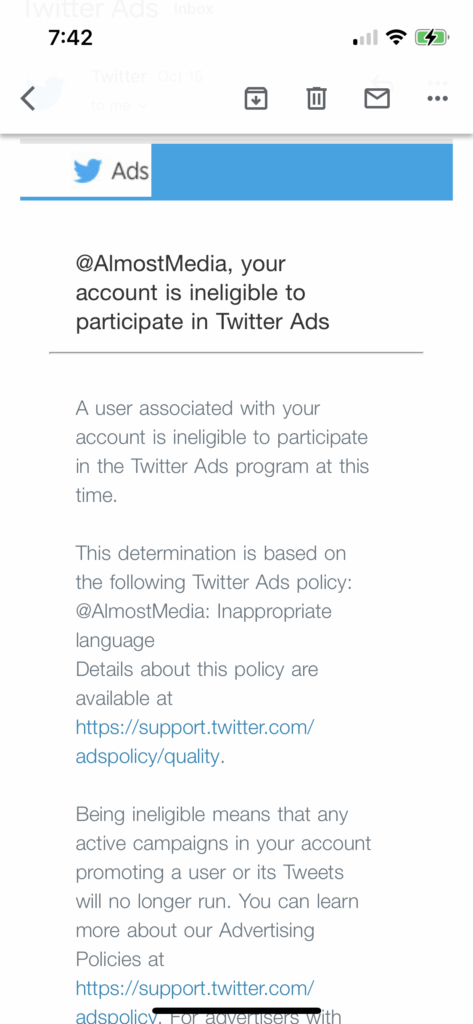I did not watch the Pennsylvania senatorial candidate debate between Democratic Lt. Governor John Fetterman and Republican tv personality Dr. Mehmet Oz because I live in Montana. Why the fuck would I do that? But I have caught the discourse surrounding it and I do not like it.
If you are not following this saga, Fetterman had a stroke a few days before the primary in May. He is recovering but but is still having trouble with speech. People who are not familiar with neurological recovery processes (otherwise known as 99% of normal humans including me) are freaking the fuck out about what it means that his speech is impaired. It looks particularly egregious when compared to Dr Oz who is professionally competent at communicating clearly on television because that is his job.
Naturally we are seeing the absolute worst possible response to Fetterman’s current disability from just about everyone. Supporters of Fetterman are insisting that there is no evidence of mental degeneration or acuity issues. Which might be true but I don’t know. But the general sense I get from supporters is one cannot even suggest that there might be processing issues because doing so would you an awful ableist human being. Neat!
On the flip side, Republicans and other opponents are insisting Fetterman isn’t fit to hold office as he is not capable of speaking clearly. The Republican position seems to be that a speech impediment is a clear sign of mental decay and electing him is maybe a diverity and inclusion policy so wrong it should insult us all. Also extremely neat!
I’d say naturally both positions are ridiculous but I’m not sure this is natural to anyone. Ableism, or discrimination against the disabled, is an exciting new front in the culture wars. Being being disabled is a hot new identity marker despite the fact that a quarter of Americans have some form of disability. It’s not that unique or cool to be disabled. But modern medicine is a miracle so we can’t rely on Darwin anymore to keep us damned cripples out of sight anymore making light eugenics kind of a popular position. I don’t love it.
I am someone with a modest disability. I have a spinal condition called ankylosing spondylitis which is basically arthritis in my spine. So I don’t find any of the commentary surrounding Fetterman’s disability status encouraging. I don’t love that the basic assumption is being less than abled bodied is disqualifying for work. It depends! This shouldn’t be a whole fucking thing.
A disability doesn’t mean you can’t work like a “normal” person but it does mean you have some limitations to work around. This doesn’t make you better or worse as a person. Being disabled has no moral valence. Alas we tend to valorize suffering and demonize perceived weakness. Neat!
My position is most disabilities are sort of a modest inconvenience that on balance forces you to hone other abilities to be competitive. This is my super hero theory of disability and might be a contributing factor to the side that valorizes disability. How cool is it to be an X-Men? Extremely! But I don’t overweight this position as I largely think a market economy fixes by forcing us to all to compete and find our niche.
If this is scandalous to you, I’d say everyone has something that is a struggle to overcome even if most people’s thing is just being kind of an idiot. Half of us are by definition below average. But imagine if I thought you being stupider than me was disqualifying for holding political office.
My whole point in this long ramble is that the Democrats are being ridiculous in insisting we cannot look at the strengths and weaknesses that come with bodies being sick. We are on year three of the pandemic so that ship has sailed. The Republicans are being ridiculous insisting that speech impediments are disqualifying. Tump didn’t even have the benefit of a stroke to blame for his speech patterns.
It isn’t ridiculous to ask someone to be transparent about recovery and abilities. I’ve got no idea if Fetterman has slower thinking after the strike or if it’s just slower speaking. I don’t really care to be honest. Not my senator.
But if we all keep insisting on physical and mental perfection from our elected officials we might not have any politicians left. Which actually on second thought might be ok.
